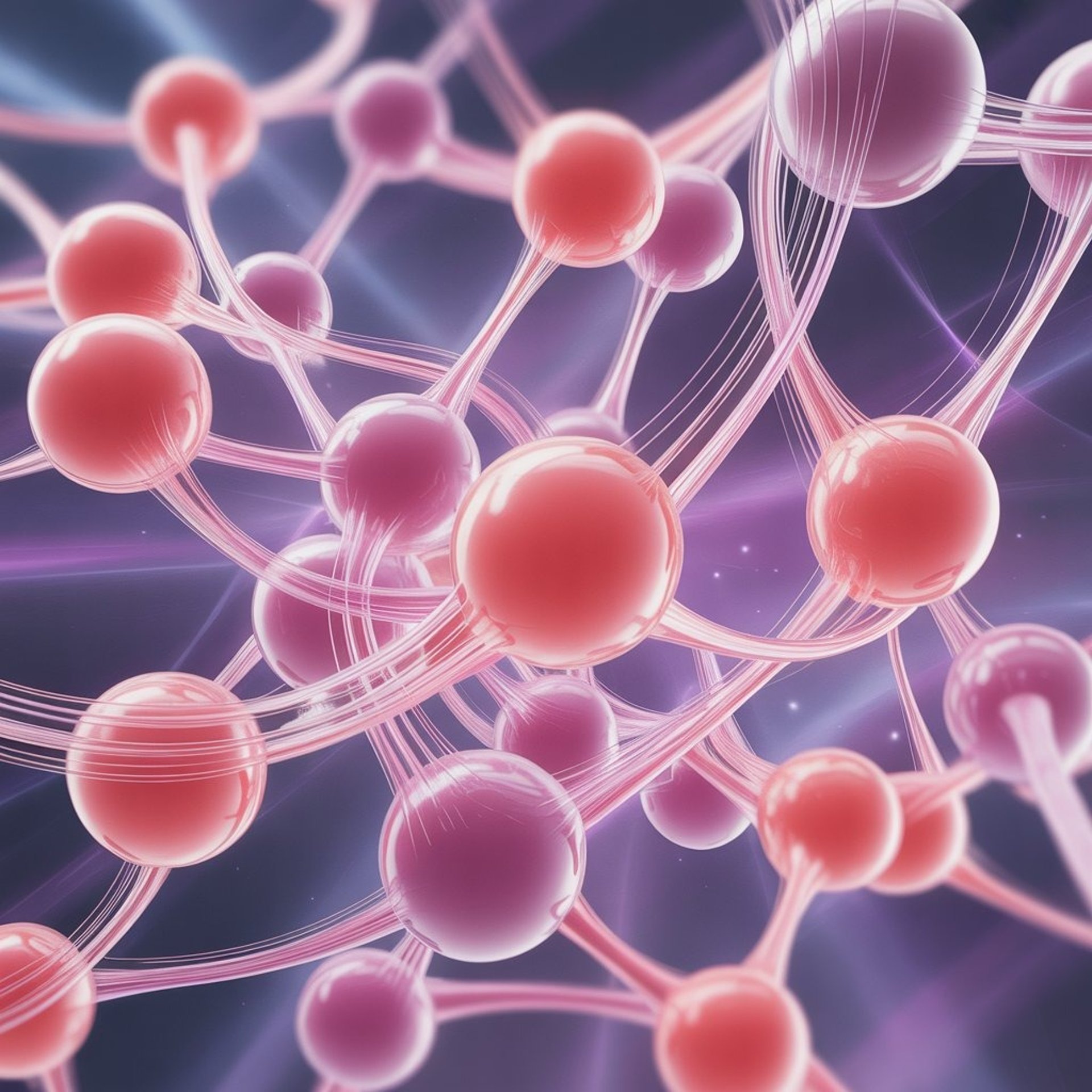
How to Rebuild Lost Collagen at 40+ (Science-Backed Methods That Actually Work)
3 min read
The Science of Collagen - Boosting Production After The Age of 40
Collagen is the beauty industry's most talked-about buzzword, but it's far from just marketing hype. This essential protein makes up 75% of your skin's dry weight and serves as the scaffolding that keeps your face firm, plump, and youthful. Understanding how collagen works—and why it declines after 40—is crucial for making informed decisions about your anti-aging strategy.
The Collagen Crisis - What Happens After 40
Your body's collagen production peaks in your twenties, then begins gradually declining. Starting in our mid-20s, collagen production decreases by about 1% per year. However, around age 40, multiple factors converge to make this decline more visible and impactful.
But it's not just about quantity—the quality changes too. The collagen your body produces becomes more fragmented and less organized, leading to visible signs we associate with aging: fine lines, wrinkles, sagging, and loss of skin elasticity.
Estrogen plays a crucial role in this process. As levels fluctuate during perimenopause and decline after menopause, collagen synthesis slows dramatically. This explains why many women notice accelerated skin changes during their forties and fifties, even if they've maintained consistent skincare routines.
Types of Collagen - Not All Are Created Equal
Your skin contains several types of collagen, but Type I and Type III are the key players in maintaining youthful appearance. Type I provides structure and strength, while Type III adds flexibility and elasticity. Understanding this distinction helps explain why effective anti-aging strategies must address both types.
Environmental factors like UV exposure, pollution, and lifestyle choices (smoking, excessive sugar intake, chronic stress) damage existing collagen while inhibiting new production. This creates a double-edged problem: you're losing what you have while producing less replacement collagen.
Topical Collagen - Separating Fact from Fiction
The collagen molecules in topical products are too large to penetrate your skin's barrier when applied directly. However, certain ingredients can genuinely boost your skin's collagen synthesis from within. Vitamin C regulates the synthesis of the structural protein collagen, with skin fibroblasts having an absolute dependence on vitamin C for collagen synthesis. Research shows that the topical application of vitamin C can significantly increase the rate of collagen production in aging skin. Retinoids work by accelerating cell turnover and signaling fibroblasts (collagen-producing cells) to increase activity.
Peptides represent the newest frontier in collagen science. These short chains of amino acids act as messengers, telling your skin cells to ramp up collagen production. Copper peptides, palmitoyl peptides, and acetyl hexapeptides have shown promising results in clinical studies, with some demonstrating measurable increases in skin thickness and elasticity within 12 weeks of consistent use.
Professional Treatments That Actually Work
While topical products can support collagen production, professional treatments offer more dramatic results. Micro needling creates controlled micro-injuries that trigger your skin's natural healing response, flooding the area with new collagen. Radio frequency treatments heat deeper skin layers, causing immediate collagen contraction and stimulating long-term remodeling.
Chemical peels remove damaged surface layers while promoting collagen turnover, though deeper peels require careful consideration for mature skin. LED light therapy, particularly red light at 660-850 nanometers, has shown promise in stimulating fibroblast activity without any downtime.
Lifestyle Factors - Supporting Collagen from Within
Your skincare routine is only part of the equation. Collagen production requires specific nutrients: vitamin C for synthesis, zinc for stability, and amino acids like proline and glycine as building blocks. A diet rich in bone broth, fish, leafy greens, and colorful vegetables provides these essential components.
Sleep quality directly impacts collagen production—your skin repairs and regenerates primarily during deep sleep phases. Chronic stress elevates cortisol levels, which breaks down existing collagen while inhibiting new formation. Managing stress through meditation, exercise, or other techniques isn't just good for your mental health—it's essential for maintaining youthful skin.
Creating Your Collagen-Boosting Strategy
The most effective approach combines multiple strategies: consistent use of vitamin C and retinoid products, periodic professional treatments, and lifestyle modifications that support natural collagen production. Start with high-quality topical products containing proven ingredients, then consider adding professional treatments based on your budget and goals.
Remember that collagen restoration is a marathon, not a sprint. Most topical treatments require 12-16 weeks of consistent use to show measurable results, while professional treatments may need multiple sessions spaced weeks apart.
In conclusion...
While you can't completely stop collagen loss after 40, you can significantly slow the process while stimulating new production. The key is understanding the science behind collagen formation and choosing evidence-based strategies rather than falling for marketing claims.
Your collagen journey starts with education and consistency. Armed with the right knowledge and products, your forties can be the decade when you take control of your skin's aging process, maintaining firmness and elasticity for years to come.